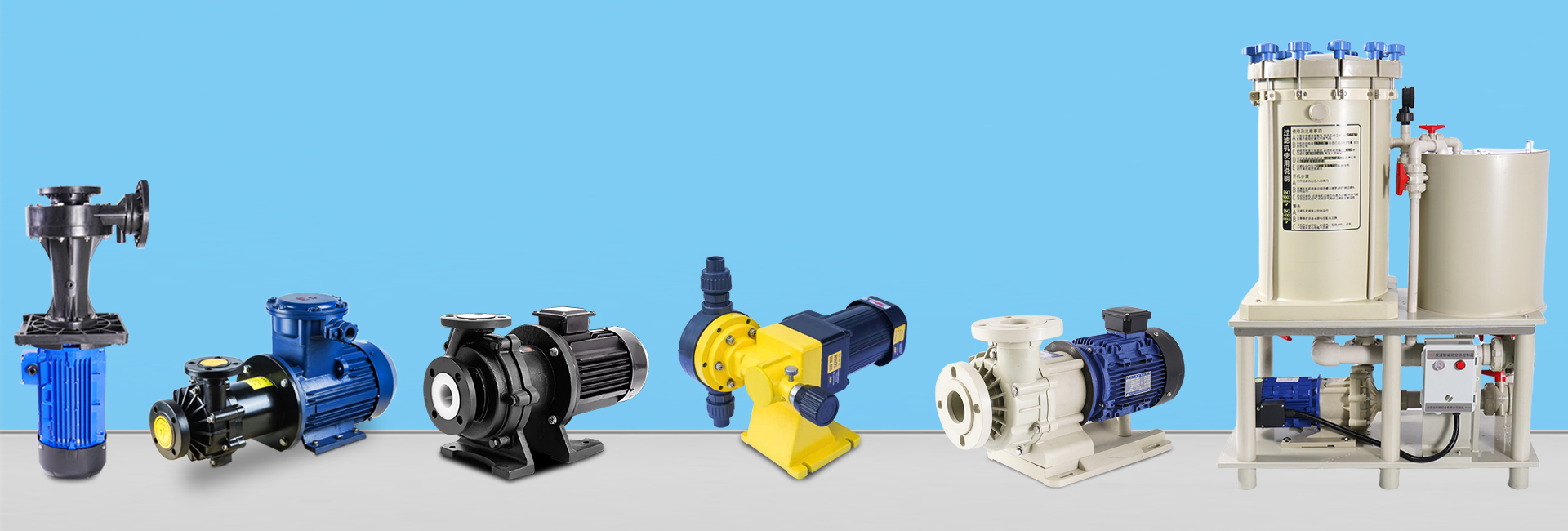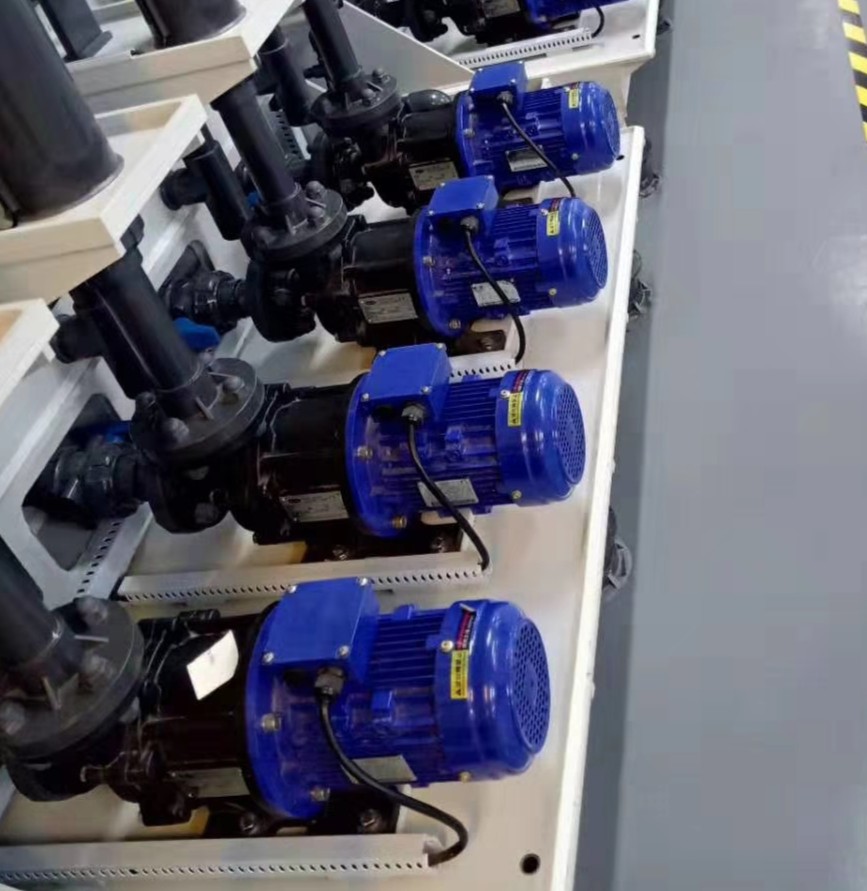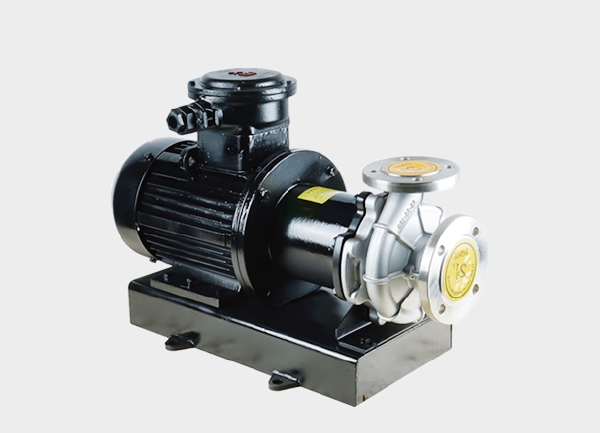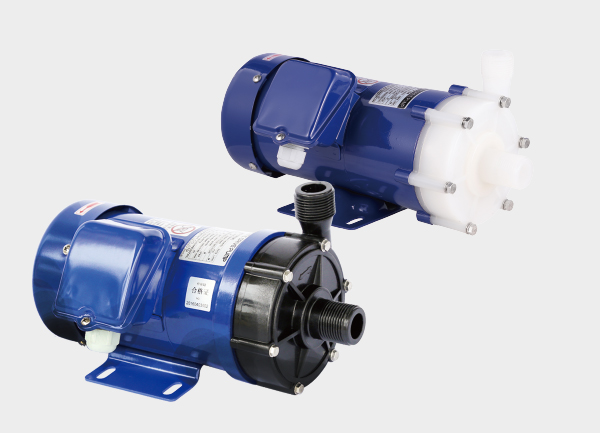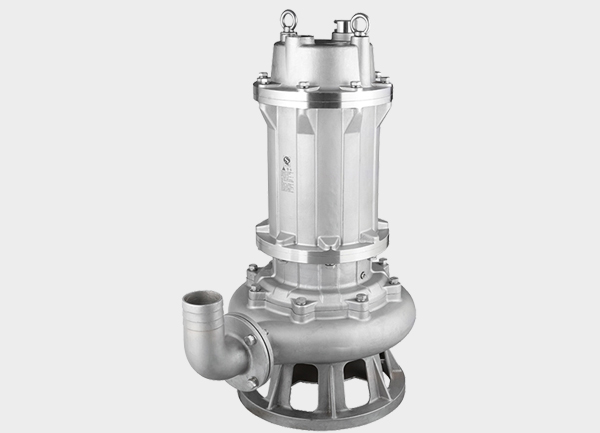In modern chemical manufacturing, fluid handling equipment is the “lifeblood” of industrial processes, ensuring the smooth flow of raw materials, intermediates, and finished products. Chemical magnetic pumps, also known as magnetic drive pumps, are widely used for handling corrosive, toxic, or flammable liquids due to their leak-free design, corrosion resistance, and high reliability. This article provides a comprehensive overview of their scientific principles, core advantages, industrial applications, and selection strategies.
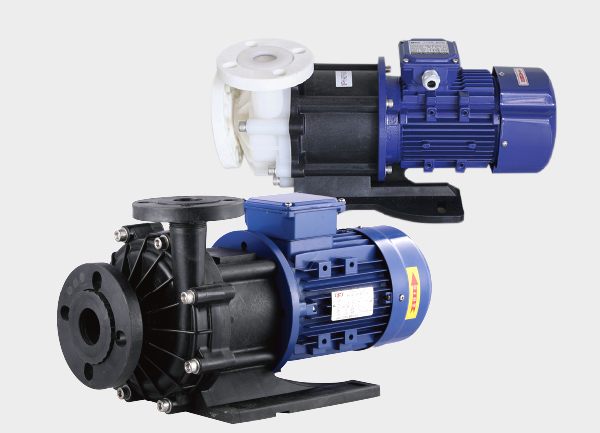
1. Scientific Principles of Chemical Magnetic Pumps
Traditional centrifugal pumps rely on mechanical seals to connect the pump shaft and pump body. While effective for general liquids, mechanical seals pose leakage risks when pumping aggressive, toxic, or flammable chemicals. The key innovation of chemical magnetic pumps lies in their contactless magnetic coupling drive:
Contactless Power Transmission
An external rotor, driven by an electric motor, transmits torque through magnetic coupling to an internal rotor, which directly drives the impeller. The absence of a physical shaft connection eliminates the risk of leakage associated with mechanical seals.Sealed Pump Housing
The internal rotor and impeller are fully enclosed in a chemically resistant pump body, made of stainless steel, Hastelloy, or specialized plastics, allowing safe long-term operation in harsh chemical environments.High Transmission Efficiency
Magnetic coupling efficiently transfers energy, with only minimal losses due to magnetic hysteresis or eddy currents, providing a balance between safety and operational efficiency.
2. Key Advantages of Chemical Magnetic Pumps
Leak-Free Safety
Magnetic drive pumps eliminate mechanical seal leakage, reducing environmental contamination risks and enhancing operator safety.Corrosion and Temperature Resistance
Pump bodies can be made from materials that resist acids, bases, solvents, and high temperatures, making them suitable for demanding chemical processes.Low Maintenance Costs
The independent design of the internal rotor and bearings minimizes wear and reduces the need for frequent maintenance.Handling Challenging Fluids
Magnetic pumps can efficiently transport viscous liquids, liquids containing suspended solids, or highly corrosive chemicals, making them versatile for chemical, pharmaceutical, petrochemical, and environmental applications.
3. Industrial Applications of Chemical Magnetic Pumps
Chemical magnetic pumps are engineered to meet complex industrial requirements:
Chemical Manufacturing: Safely handle strong acids (sulfuric acid, hydrochloric acid) and bases (sodium hydroxide) without leakage risk.
Petrochemical Industry: Transport flammable liquids such as benzene and toluene with high safety standards.
Pharmaceutical and Food Industry: Ensure contamination-free handling of high-purity liquids, including purified water and liquid additives.
Environmental Engineering: Treat acidic or alkaline wastewater and organic solvents efficiently, reducing environmental risks.
4. Selection and Application Strategies
When selecting a chemical magnetic pump, engineers typically consider:
Fluid Characteristics: Corrosiveness, viscosity, temperature, and solid content dictate material and design choices.
Flow Rate and Head Requirements: Pumps should operate near their optimal efficiency point to avoid instability or energy waste.
Drive Options: Standard electric motors or variable-frequency drives can optimize energy consumption and system responsiveness.
Maintenance and Safety: Consider ease of replacement for wear components and durability of pump materials.
A scientifically selected magnetic pump not only enhances safety but also reduces energy and maintenance costs.
5. Conclusion
Chemical magnetic pumps are safe, efficient, and corrosion-resistant fluid handling devices essential in modern chemical industries. Their contactless magnetic drive eliminates leakage risks inherent in traditional mechanical seal pumps, providing reliable operation when handling hazardous chemicals. Understanding their principles and applications allows engineers to make informed decisions, ensuring production safety, environmental protection, and operational efficiency.

